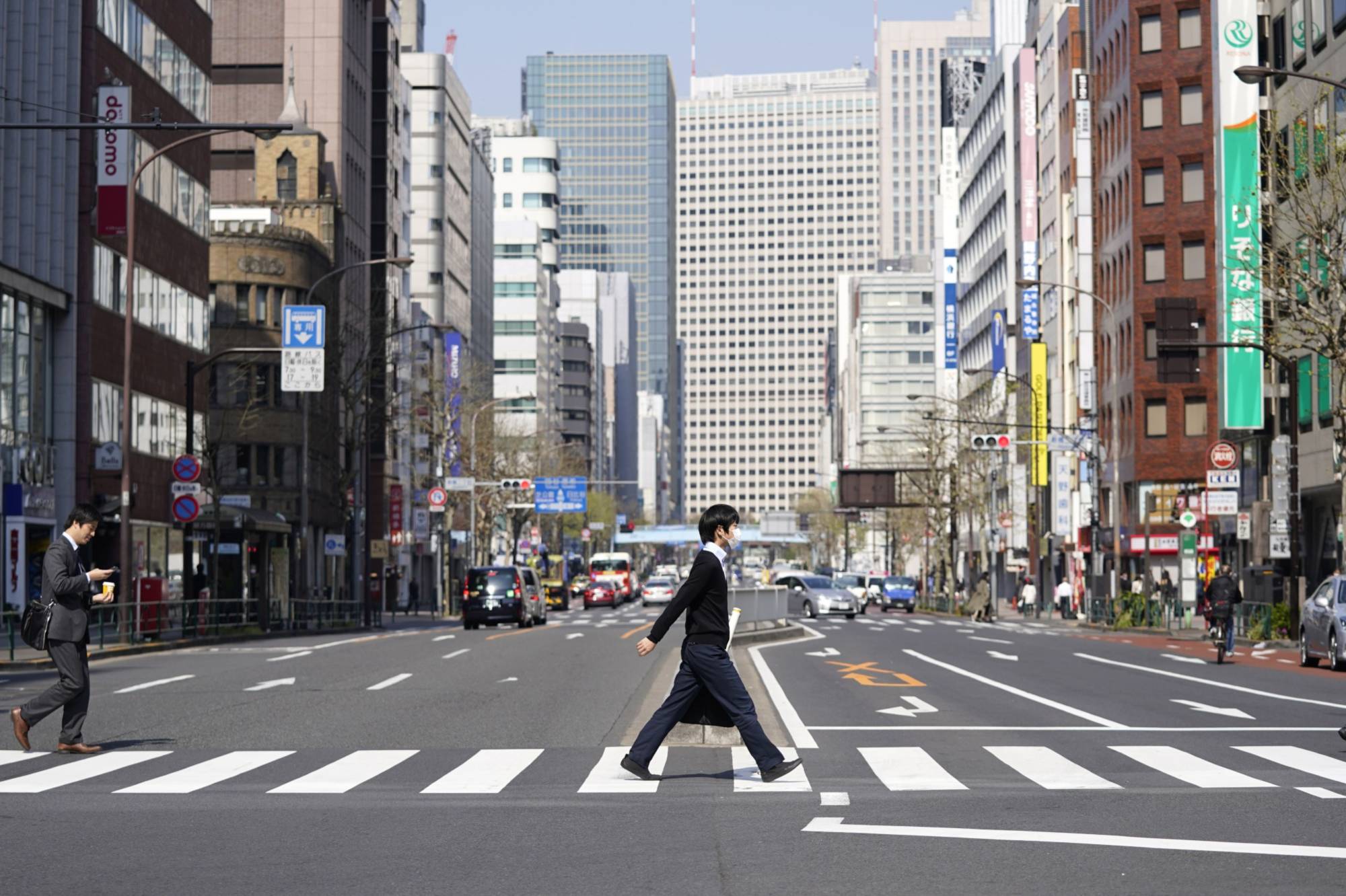The pre-eminent challenge for the new Japanese government is ensuring that the economy is on a stable footing and ready and able to recover as the COVID-19 pandemic eases.
After nearly a decade, there is consensus that Abenomics, the signature economic program launched by former Prime Minister Shinzo Abe when he returned to power, has run its course and a new approach is needed. Prime Minister Fumio Kishida, who is likely to lead the next government after the coming election as well, has said that his goal is the creation of a “new capitalism” that better distributes wealth and eases the inequality that has been growing in Japan for several decades.
As important as reducing inequality, however, is nurturing energy, creativity and dynamism to promote growth. Unfortunately, well-honed instincts seem to be kicking in, and thinking appears to favor greater government intervention in the market, to both remedy inequality and promote economic security. The government must be alert to these challenges and be ready to address them, but it should not use them to excuse or rationalize greater control over the economy in ways that sap its potential and destines Japan to sluggish growth.



















With your current subscription plan you can comment on stories. However, before writing your first comment, please create a display name in the Profile section of your subscriber account page.